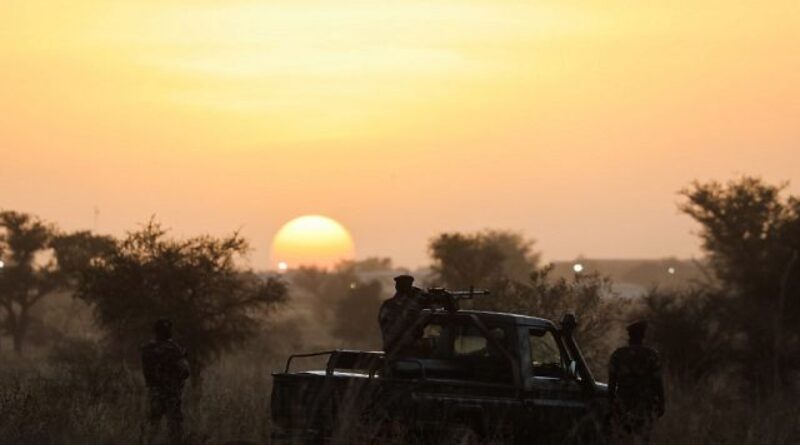Niger: at least 28 civilians killed in western violence, according to local sources
At least 28 civilians were killed earlier this week in violence in several villages in southwestern Niger, close to Mali, a local official source said on Friday, a toll that could be higher according to a security source.
“For the moment, at least 28 people have been killed, but the toll could be higher,” a senior official in the Tillabéri region, where the violence took place, told AFP.
Some bodies “were washed down the Niger”, he added.
Four departments were affected by the violence, which began “at dusk on August 15 (…) and ended in the middle of the day on August 16”, he added, without specifying the cause.
In Ayorou, one of the departments affected, four people were killed and 26 wounded “by knives and firearms”, said a local source.
The military authorities who overthrew President Mohamed Bazoum on July 26 have not confirmed the violence.
According to a security source, “around a hundred civilians” have been killed in the violence in this so-called tri-border region between Burkina Faso, Mali, and Niger, which is regularly the scene of deadly jihadist attacks, notably by the Islamic State in the Great Sahara (EIGS).
According to a member of Tillabéri’s civil society, this violence is due to “a cycle of reprisals between herders (Fulani) and sedentary people (Djerma)” who live together in the area.
“There was an attack against herders, then young armed herders, in turn, carried out reprisals against sedentary herders, and this was repeated in other villages”, continued this source.
Violent clashes had already occurred in late April and early May between sedentary Djerma and nomadic Fulani herders in villages and hamlets along the Niger River, resulting in a dozen deaths, injuries, and thousands of displaced persons, according to the authorities. Most of the displaced had returned to their homes.
A journalist from a local radio station told AFP that the clashes in April and May followed “several assassinations” of villagers by suspected jihadists, who also stole cattle and “demanded taxes”.
Under the presidency of Mohamed Bazoum, the Nigerien authorities regularly carried out awareness-raising campaigns among villagers against armed jihadist groups attempting to stir up conflict between communities.

